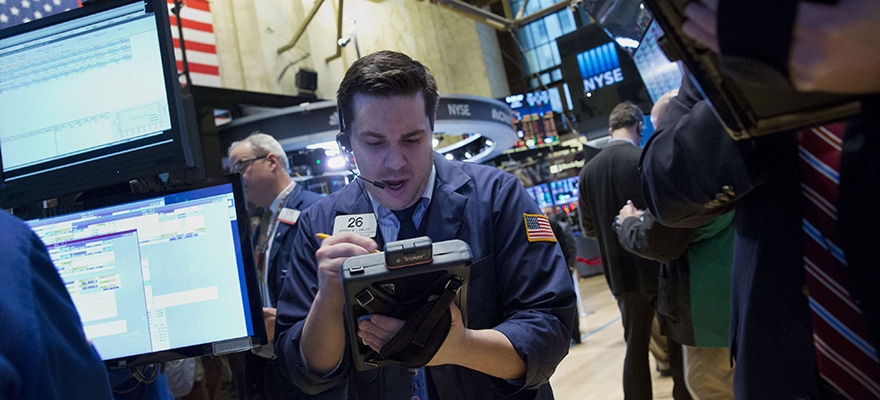Today marks the end of an era. The boisterous screams of buying, selling and haggling from the open outcry pits of CME Group’s futures trading floors in New York and Chicago are scheduled to be silenced.
The closure is not surprising. The company announced in February its decision to close open outcry futures trading after floor volumes had fallen to just one percent of the company’s total futures volume. Originally scheduled for July 2, the closure was postponed until today (July 6), due to a technical revision to its filing with the U.S. Commodity Futures Trading Commission (CFTC).
In essence, the delay was the result of concerns expressed by some futures traders about the possibility that some customers could be materially harmed by losing access to complex transactions not available on the exchange’s Globex electronic trading software.
The floor-based S&P 500 futures market will remain open on CME’s Chicago trading floor, with all options pits to be located on a single floor in the company’s Financial Room by September.
The autological term, “open outcry”, reflects a colourful method of trading, whereby shouting and hand-signals convey bid and offer information on stock and futures exchanges. CME’s decision to close their pits heralds the decline of open outcry trading.
As on Finance Magnates, CME was born when the Chicago Mercantile Exchange merged with rival Chicago Board of Trade in 2007 to become one of the world’s largest derivatives marketplaces, operating exchanges in Chicago and New York. In 2014, it gained regulatory approval to open a derivatives exchange in London.
The Chicago Board of Trade’s pioneering octagonal pit, opened in 1870, became a world-leading agricultural commodities trading venue throughout the 20th century. Later it also became a hub for currency, interest rate and stock index contracts.
The decline of open outcry trading stems from the fact that exchanges now rely on electronic trading, which reduces operational costs and improves trade execution speeds. Consequently, trading pits have dwindled. Online trading platforms now reign supreme.





Be First to Comment